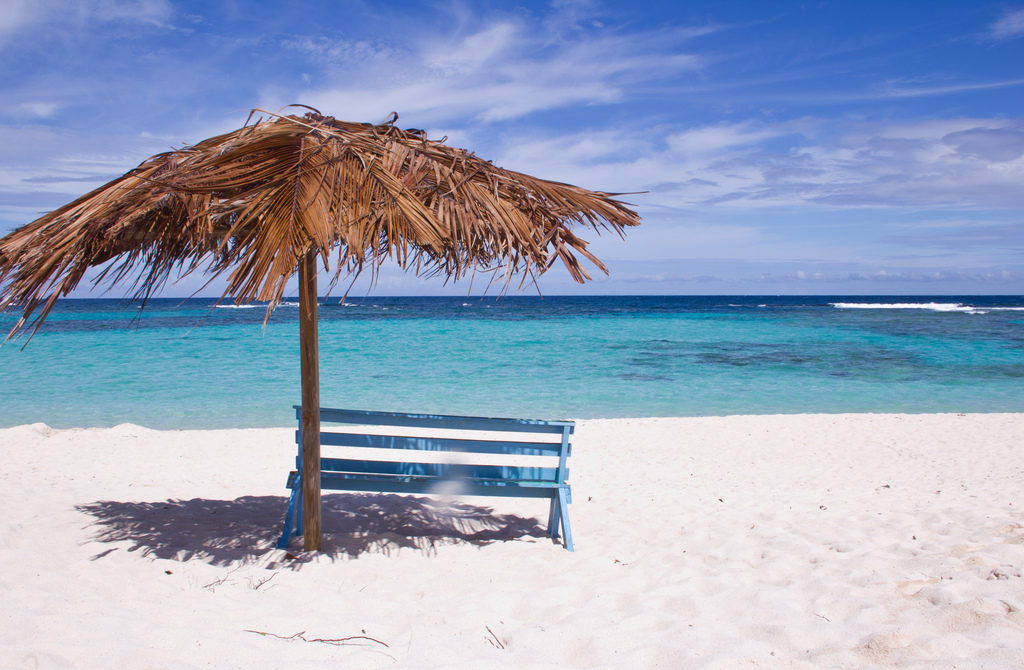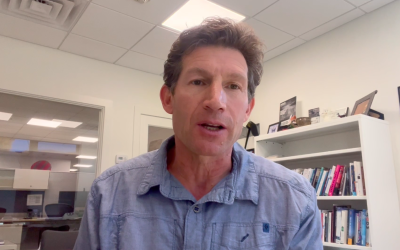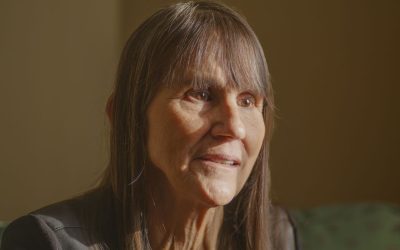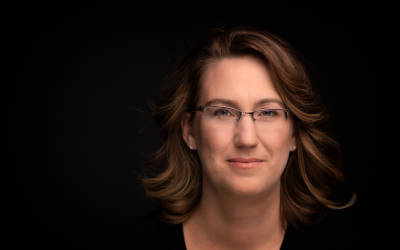Does your destination marketing organization (DMO) have a relevant vision for its role when it comes to tourism sustainability and the balance between profit and planet? Are you marketing, managing, or developing your destination?
As a region comprising 28 nations, the Caribbean Tourism Organization (CTO)’s mission emphasizes “Leading Sustainable Tourism” to create a healthy and valuable future for travel. In part one of our two-part interview from Destination Think Forum in New York City, Hugh Riley, CTO’s Secretary General and Chief Executive Officer, described the crucial balance between quality and profitability and how the region thinks about the capacity of its destinations.
In part two, Riley describes challenges around the sharing economy and the important new role for today’s DMOs.
Destination Think: What challenges and opportunities does the sharing economy (Airbnb, etc.) bring to Caribbean destinations?
Hugh Riley: The sharing economy does provide a challenge. If you are a hotelier, you are watching very closely what’s happening to Caribbean statistics at the moment. By the end of 2016, we will probably have welcomed about 30 million passengers by air into the Caribbean, and it’ll be a record number. Yet, when you look at the hotel metrics, revenue per available room (RevPAR) is down, Average Daily Rate (ADR) is down, and a number of other hotel metrics are down, including occupancy. So more and more people are arriving on planes and they’re not staying in hotels. It does provide an issue that has to be studied and managed.
The other side of that coin is that when people come into your community and get involved in community tourism and they eat where we eat and they go to the places that we go to and they spend money, that money goes straight into the economy without too many filters. That has a benefit as well. And so that’s why one has to be careful about not over-regulating, not trying to shut things out, but looking at challenges as well as opportunities in the same breath.
Some of our member countries, depending upon where their business comes from, are watching the quantum of that spend that actually arrives on the island, that actually arrives in the country. Depending upon how you book your vacation and where you are staying, 75 or 80 per cent of that money might be paid and might stay overseas. That is a very important factor to pay a lot of attention to.
So again, you can delude yourself by just watching volume, just counting heads, when in fact, you might be counting the wrong kinds of heads. You might be attracting the wrong kinds of heads. Don’t you want most of that income to stay in your local coffers?
How do you think DMOs’ roles will change over the coming years as they adapt to today’s challenges around creating sustainable, valuable tourism?

Hugh Riley, Secretary General and CEO, Caribbean Tourism Organization
I think it’s an interesting question. You know, “DMO” means different things to different people, and in some parts of the world, a DMO is not a destination marketing organization, it is a destination management organization. In my humble opinion, DMOs are going to, in the very near future, become destination development organizations. They’re going to have to look at all aspects of a country’s needs and overall development, and try and meet those needs. DMOs are going to have to look at the kinds of metrics that we were just talking about. They’ll have to look at carrying capacity, but – and nobody wants to talk about this – they’ll have to look at the value of a tourist.
No one wants to commoditize tourists and treat visitors like widgets, but there is an inherent value in a tourist from source A, that might be different from source B, or source Z. And destination development people are going to have to look at that and pay a great deal of attention to delivering the quality that a destination needs for its proper development.
And then the final thing that I think destination development organizations are going to have to do, is to pay more attention to actually following that dollar. If your local population understands what happens to the tourist dollar when it arrives, if they understand how many of those dollars actually go to putting computers in schools and beds in hospitals, then school teachers understand that they, too, are in the tourism business, and nurses and doctors understand it too. Without that system – Tourism Satellite Accounts (TSAs) or any similar system – the population isn’t fully cognizant of what this business means to their livelihood. DMOs have to make that happen.
Gain more valuable insights from speakers, panelists and participants from Destination Think Forum, where the world’s leading destination marketers gathered to address their greatest challenges. Read more interviews with Forum’s Leading Thinkers.
Featured image credit: Ken Teegardin, Flickr










0 Comments